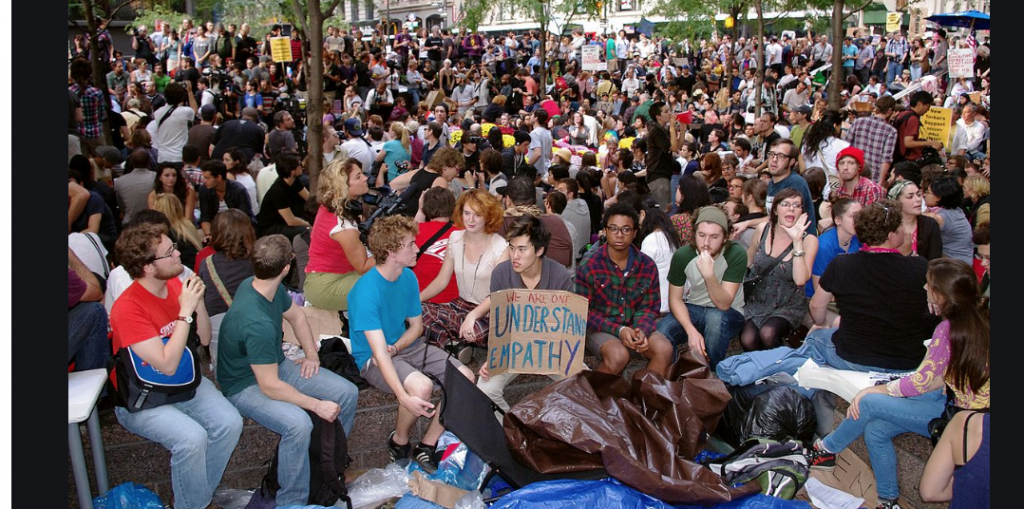
Knowing how to protect yourself with high tech and from high tech are important for protesters who are being monitored by police.
Wired Offers Guide to Digital Security in the Time of Volatile Protests
How things have changed since the anti-Vietnam War protest marches where millions of people carried signs, sang songs and made peace signs. Now those protesting the murder of George Floyd and rampant police brutality, including those attending who loot and burn, involve numerous tech tools to organize, inform and warn their group’s members.
The protests are 24/7 on the cable news nationwide. Big cities, medium cities and even small towns in Arizona have seen loud outbreaks of this movement.
If you would like to go to these outings, wired.com has an article full of great advice on how to use your tech to protect yourself and your privacy. So if you’re going out to protest—as is your right under the First Amendment—and bringing your smartphone with you, there are some basic steps you should take for digital security.
There are two main aspects of digital surveillance to be concerned about while at a protest: one is the data that police could potentially obtain from your phone if you are detained, arrested, or have your device confiscated. The other is law enforcement surveillance, which can include wireless interception of text messages and more, and tracking tools like license plate scanners and facial recognition. You should be mindful of both.
In the live-action videos on television, obvious flashpoints between police and protesters always involve a uniformed police videographer taking and compiling the data for future use in prosecutions. The FBI has done that kind of enforcement since the Civil Rights Movements in the 1960s. But that was old-style photographic equipment. Now AI and facial recognition software are also involved.
“It’s clear the government is bringing the full force of the surveillance state to monitor these uprisings,” wrote Evan Greer, the deputy director of the activist organization Fight for the Future, in a Twitter thread laying out digital security advice.
Your Phone Gives You Away
The wired.com story has several suggestions for settings to go set and apps to use to help remove your digital footprint. Getting a second phone, of course, is an obvious idea. But just when to turn it on or off is also to be considered.
“The device in your pocket is definitely going to give off information that could be used to identify you,” says Harlo Holmes, director of newsroom security at the Freedom of the Press Foundation,
To be even more certain that your phone won’t be tracked, keep it in a Faraday bag that blocks all of its radio communications. Open the bag only when necessary. Holmes herself uses and recommends the Mission Darkness Faraday bag.
The best advice is to leave your phone at home altogether.
There is a great deal of information in the wired story and it is written in such a way that even digital layman and old hippies from the ’60s can understand it. Stay safe and remember your life matters.
read more at wired.com







Leave A Comment